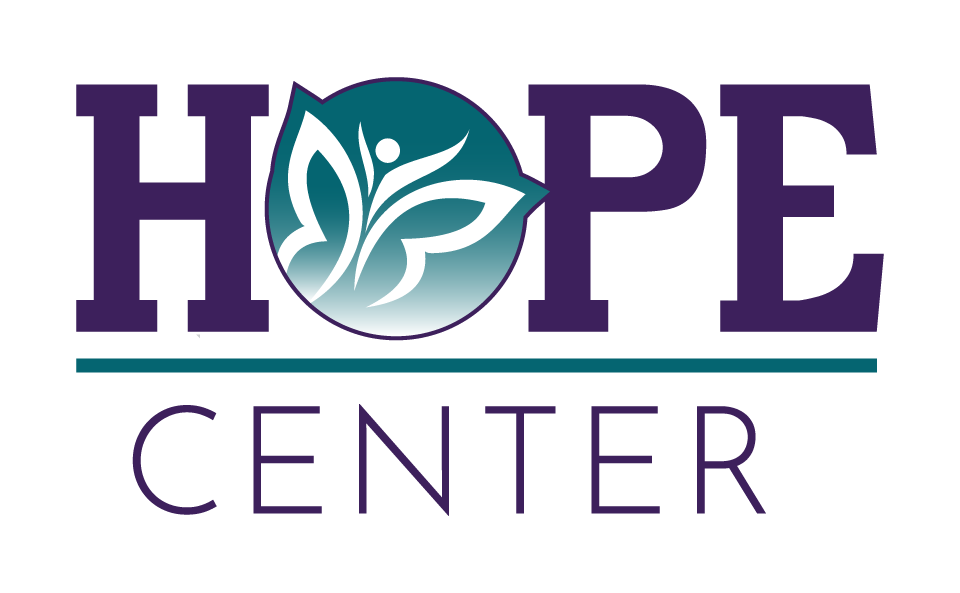When an abuser is someone we admire
When I was growing up, we watched the Cosby Show faithfully. Like many families, we felt like Bill Cosby was a family friend who shared our home every week and invited us into his own. He earned the nickname “America’s Dad.”
His recent conviction for sexual misconduct invites us to look at the way we see people who commit acts of domestic and sexual violence. Like Bill Cosby, most have talents and gifts. There are people who love them, and usually people who trust them. They are often dependable neighbors, beloved friends, or dear cousins. Most are not monsters.
Seeing perpetrators as monsters keeps our culture stuck in a system that supports abuse. If only monsters abuse, then nobody can believe that an abuser might look like the gentleman in church, or their co-worker, or their relative. When these regular, every-day people abuse, then their victims are often disbelieved, blamed and isolated. The victim is the one causing the problem, not the accused, because clearly the accused is not a monster.
Over and over, survivors report that when an abuser is respected in a community, people don’t want to “take sides.” It is impossible for community members to remain neutral in this situation because continuing to include an abuser in family or community events without some serious safeguards is going to exclude the victim. Taking no action supports the abuser. This kind of exclusion has probably happened to someone you know, or maybe it is happening to them right now.
It is far easier to stand up against abusers when there is distance between you and the person who has been abusive. Some people find a certain satisfaction in being outraged by abuse cases in the news because this reassures them that they are on the right side of history. Some of the same people find it extremely hard to extend that same outrage to people they have known and appreciated.
There is actually an element of humor to this. Over and over again, in the newspaper articles that appear after a domestic homicide, people bring up memories of the everyday interactions they had with the murderer. They will say things like, “He was always out there mowing his lawn, keeping it looking nice.” Or, “He was a nice, quiet neighbor who kept to himself.”
Certainly, having a neighbor unexpectedly kill someone would make a person reflect on the contrast between what they saw every day and the horror of a crime. This is a human thing to do in a traumatic situation. Still, the consistency with which these statements are repeated becomes more surreal with each passing year. It reflects a shared and problematic belief that regular, caring people do not commit horrific crimes. Except they do. People who abuse are real people who were often abused themselves, and who are often beloved. Sometimes they even keep their lawns looking nice.
By the very nature of the crime, the victims of domestic and sexual violence have no leverage to push their abusers towards change. The rest of the community sometimes has that leverage. We can use that leverage to demand change if we can accept the reality that abusers are sometimes people we love, and that one way of expressing that love is to cut through the deception and secrecy that usually surrounds abuse. We call out the best in people who are important to us, and we sometimes set limits with people to maintain our integrity and the safety of the most vulnerable.
Because abuse is so common, we inevitably know and probably admire people who have perpetrated domestic or sexual violence. Like Bill Cosby, these people may enrich our lives. When it comes to Bill Cosby I still appreciate his humor. I still remember the times my family sat together in the living room looking at an image of his face on TV and smiling. His gifts to us were real. I hope one of his gifts to our culture will be that when we face allegations of abuse within our own beloved communities, we will think of Cosby, remember that most people who abuse do not look like monsters, and then take action to support survivors.
Written by HOPE Center Volunteer Elizabeth O’Sullivan


Yo sports fans! 188bet88betbongda is where it’s at for betting on the big games. They’ve got all the markets you could want and the odds are competitive. Definitely my go-to for football betting. Stake your claim at 188bet88betbongda!
Goperya caught my eye with its promise of something different. and I was not disappointed! Its fun, fair, and full of possibilities. goperya.
Thanks for sharing. I read many of your blog posts, cool, your blog is very good. https://www.binance.com/register?ref=IHJUI7TF
Okay, s666appvegas. Nice app, and easy to navigate. It’s great. I would recommend it for sure. Here is the access s666appvegas.
Your article helped me a lot, is there any more related content? Thanks! https://www.binance.com/sl/register?ref=I3OM7SCZ
www
gezcsauai mnwzy nwdjysi mepp pquhwdqbaozffny
… [Trackback]
[…] There you can find 42840 more Information on that Topic: hopecentermn.org/when-an-abuser-is-someone-we-admire/ […]
… [Trackback]
[…] Read More here on that Topic: hopecentermn.org/when-an-abuser-is-someone-we-admire/ […]
**mitolyn**
Mitolyn is a carefully developed, plant-based formula created to help support metabolic efficiency and encourage healthy, lasting weight management.
… [Trackback]
[…] Information on that Topic: hopecentermn.org/when-an-abuser-is-someone-we-admire/ […]